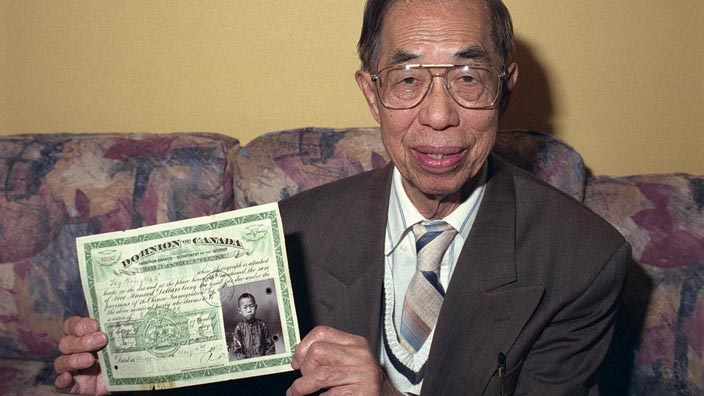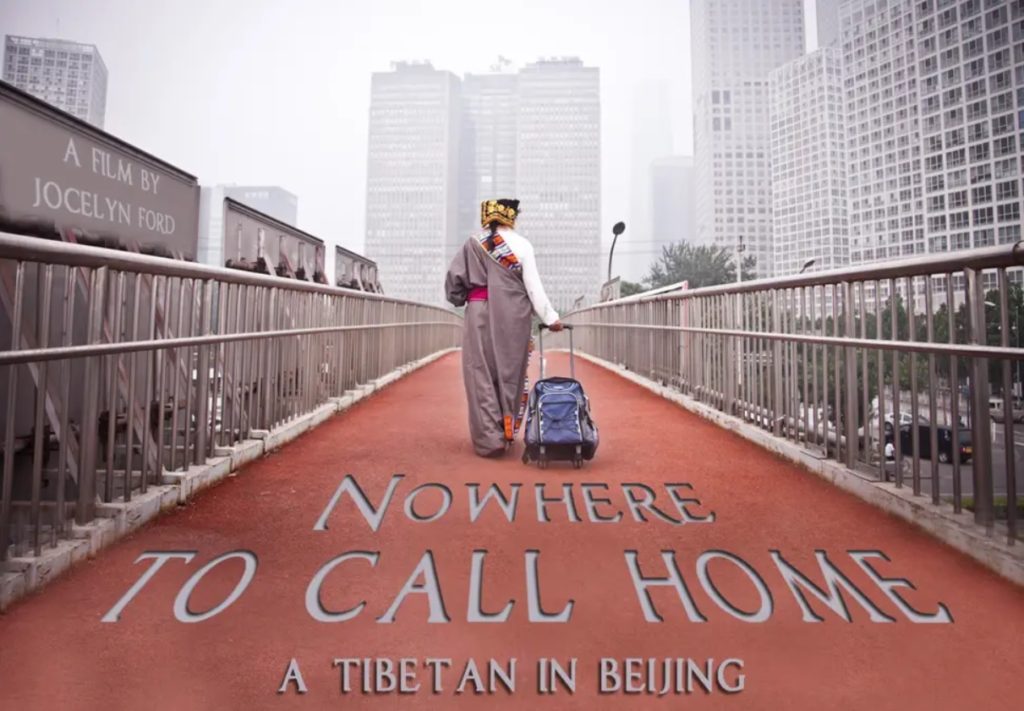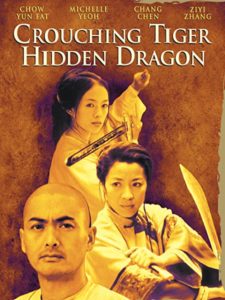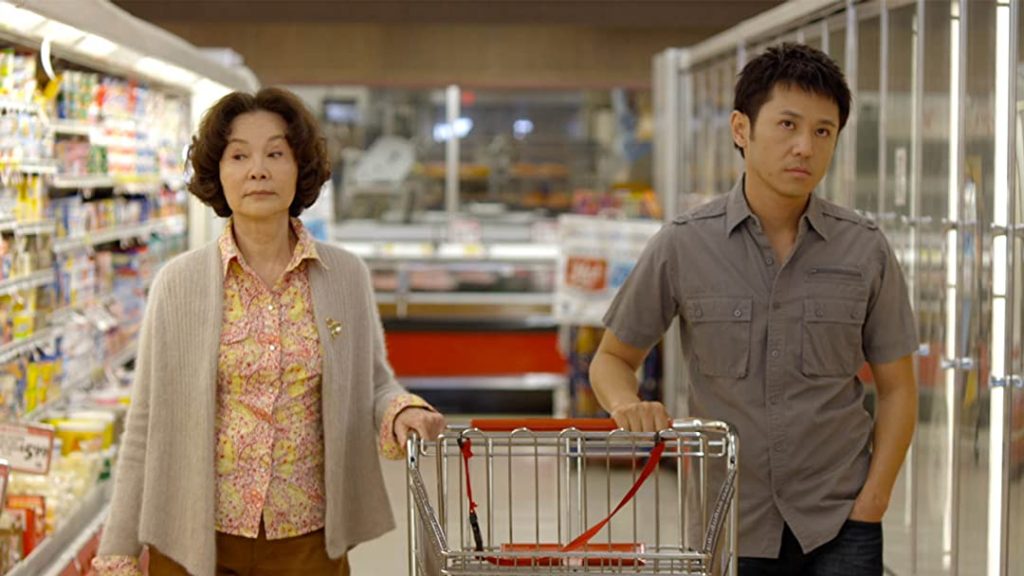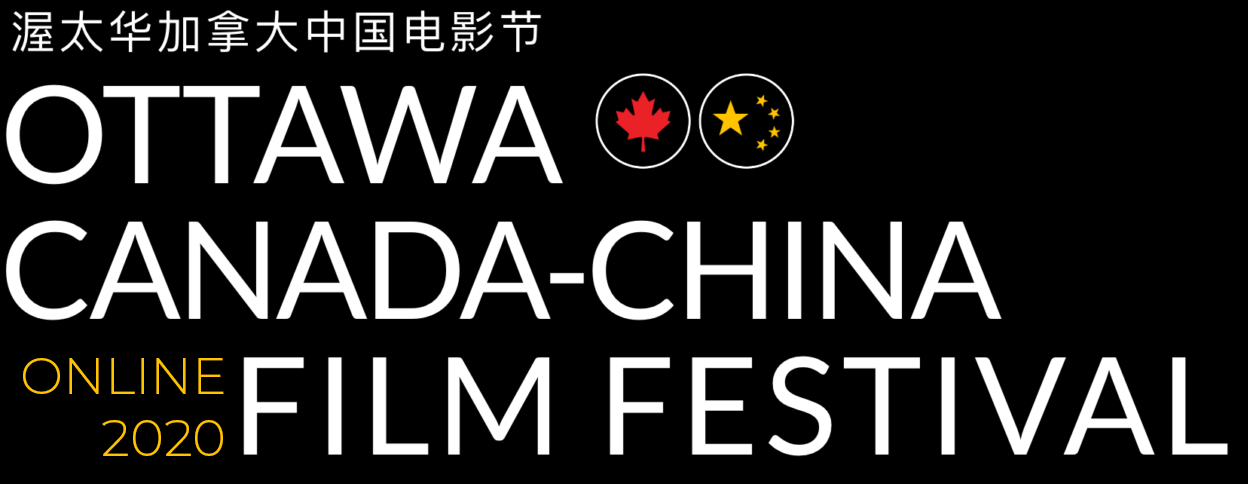
OCCFF Film Committee Personal Playlist: Volume 1
Roy Atkinson’s Playlist
Roy Atkinson was Co-President of the Canada-China Friendship Society from 2014 through 2017 and has headed the Ottawa Canada-China Film Festival since its earliest experiments.
In June of 2006 Prime Minister Steven Harper apologized to Chinese Canadians for the Head Tax where he expressed his deepest sorrow for the subsequent exclusion of Chinese immigrants. He stated, “For over six decades, these malicious measures, aimed solely at the Chinese, were implemented with deliberation by the Canadian state. This was a grave injustice, and one we are morally obligated to acknowledge.”
While these words were true and deeply meaningful for many Chinese Canadians it was not until a decade later at a 10th anniversary celebration of the apology that I, an Anglophone Canadian, began to comprehend the true horror of what had been perpetrated. A young woman, Karen Cho, stood before the audience choking back her emotions as she describes her experience making the documentary In The Shadow of Gold Mountain.
Karen traveled from Montreal to Vancouver to uncover stories from the last survivors of the Chinese Head Tax and Exclusion Act, a set of laws imposed to single out the Chinese as unwanted immigrants to Canada from 1885 to 1947. Through a combination of history, poetry and raw emotion, her documentary sheds light on an era that shaped the identity of generations.
This film and Karen’s story transformed my understanding of the deeply personal impact these laws had on generations of Chinese Canadians. Together she and the film moved that experience from an intellectual event reported in the Globe and Mail to a reality “felt on my pulse”. That moment was a major factor motivating me to bring the Ottawa Canada-China Film Festival to Canadians.
This film can be watch free on the National Film Board web site https://www.nfb.ca/film/in_the_shadow_of_gold_mountain/
Reviews of the film can be found here
CM Magazine at University of Manitoba https://umanitoba.ca/outreach/cm/vol13/no2/intheshadowofgoldmountain.html
Just About Everything https://bebethmu.wordpress.com/2004/11/24/in-the-shadow-of-gold-mountain-1/
Nowhere to Call Home
Our first cinematic experiment was the screening of the documentary Nowhere to Call Home which was followed by an online Q & A session with the Director Jocelyne Ford.
This film was in many ways the perfect film for our festival. In very unaffected way the film took us deep into the lives of a Tibetan widow as she struggled to ensure that her son could get the education that would give him a chance to rise above life as a beast of burden. We experienced her life as she fought for freedom from her domineering Father-in-Law who controlled every aspect of her life, to struggles overcoming discrimination in Beijing with landlords, the police, and the rules governing access to schooling.
Through all this a Mother’s love and determination shone through and deeply touched me with its universal message.
Nowhere to Call Home can be seen on Vimeo https://vimeo.com/ondemand/nowheretocallhome for C$ 6.46
A review of Nowhere to Call Home can be found here https://www.forbes.com/sites/ericrmeyer/2014/08/19/nowhere-to-call-home-a-film-by-jocelyn-ford-a-new-perspective-on-tibet/#19420437f7cd
Crouching Tiger, Hidden Dragon
One evening Friday in 2000, at the Bytowne, I mesmerized by Ang Lee’s film Crouching Tiger, Hidden Dragon. The incredible cinematography and the aerial acrobatics were magical. All this was done without the befit of Computer Graphics. The effect was jaw dropping. The complex story whisked me away to a totally different world and dropped me in a different culture with own beliefs and values. Crouching Tiger, Hidden Dragon went on to win the Oscar for Best Foreign Film and more than 100 awards acknowledging the outstanding cinematography, script writing, acting, music, costumes and directing. It is a marvel of film making that opened doors for Ang Lee around the world.
Crouching Tiger, Hidden Dragon can be seen on Prime Video for C$4.99. https://www.primevideo.com
Olya Helen Moscicky’s Playlist
Helen has made a career in Psychiatric/Mental Health Nursing as a provider of client care, as an educator, manager and trainer. She is a member of the Executive of the Canada-China Friendship Society and an active member of the Film Committee which organises the Ottawa Canada-China Film Festival.
Helen has three Personal Favourite Chinese films. Each is about “Family” and its various aspects in contemporary society. “I have learned a great deal about life in China, been entertained, and been moved to tears at times by watching them. “
The films have trailers on Youtube and can be seen in their entirety on Amazon Prime (first month is free, $8/month after and you can cancel anytime).
EVERYBODY’S FINE
2016 film by acclaimed filmmaker Zhang Meng (Piano in a Factory) which follows a widower’s emotionally stirring visits to his four adult children, all of whom lead distinctly different lives in four different Chinese cities. When all of his children cancel their annual visit to him, he decides to surprise them with unannounced visits to their homes. The film takes an intimate look at the struggling young generation in a nation transitioning from a collective past to a materialistic present. Each child represents four issues confronting contemporary society – art, marriage and family, capitalism, and LGBT issues. There is stunning photography of Beijing, Tianjing, Hanzhou, Shanghai and Macau and images of great beauty. The film manages to combine family drama, social commentary and a guided tour of China!
BABY STEPS
This 2015 comedy, from the Oscar winning producer of The Wedding Banquet and Crouching Tiger, Hidden Dragon, takes an honest look at gay family issues in a cross cultural and cross generational Taiwanese family. A widow, living in Taiwan, and whose only son is living in the US, eventually comes to terms with her son’s sexual orientation and his quest to have a child and to raise it with his partner. The mother is desperate to have a grandchild to continue the family line and to keep up with her friends who are already grandparents. Things become complicated when she tries to control the whole process from Taiwan of finding an egg donor and then a surrogate mother. Traditional Chinese values around what it means to be a family clash with the many contemporary variations of family and the options available to form one.
ONE CHILD NATION
This 2019 documentary is a first person narration, in English, by a woman who was born during the period of the one child policy. Since 1992, 130K girls from China were adopted internationally. Many Canadians adopted girls born during this time and are unaware of how they became available for adoption. To date, we have known very little about this topic. There are intimate interviews with family members, village elders, and kidnappers. High quality archival materials were used and the fairly fast pace keeps it interesting. Excellent sound, visuals, subtitles where Chinese is spoken. Timely topic, interviews with Chinese people directly affected by the policy, powerlessness of the people who were made to enforce the policy.
